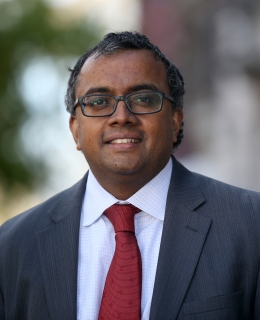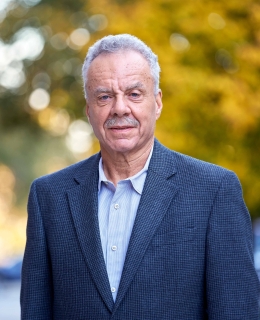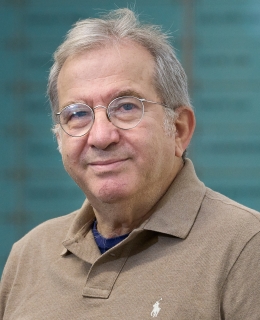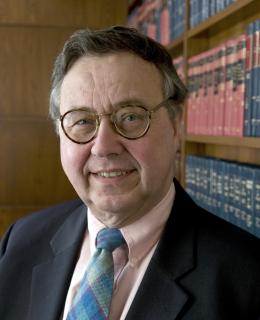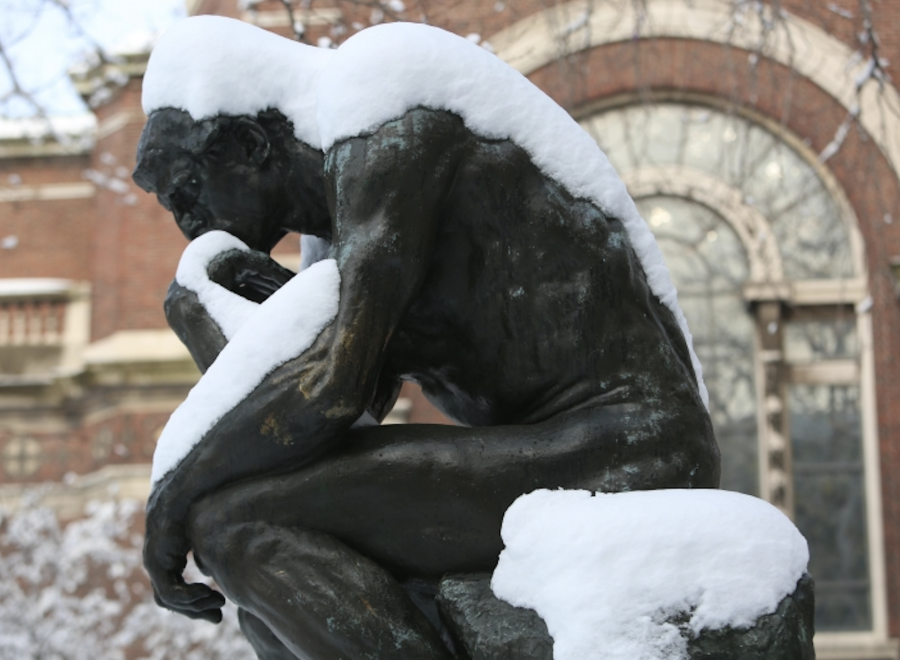Intellectual property (IP) and technology law are critical areas of legal practice and public policy as the internet pervades every aspect of professional, social, and personal activity. The rise of artificial intelligence (AI) and tools like Chat GPT raises a host of policy and legal questions that lawyers in the public and private sectors must address. Columbia Law School faculty are at the forefront of debates on whether Big Tech companies are too powerful, stifling competition and violating antitrust laws. For lawyers representing the interests of artists, inventors, scientists, and startups, an understanding of copyright, patent, and trademark law is essential.
As commerce, art, finance, and business start-ups flourish in the digital space, how do antitrust provisions and intellectual property protections such as copyrights, trademarks, and patents uphold the rights of authors, scientists, entrepreneurs, and other creators?
The Law School’s location in New York City gives students the opportunity to study with expert practitioners who are well versed in issues such as data privacy, encryption, copyright, and freedom of speech. Through simulations and externships, students gain practice negotiating and drafting IP agreements and serving as counsel to emerging digital businesses. They can also draw on resources such as the Kernochan Center for Law, Media and the Arts and experiential learning opportunities such as the Science, Health, and Information Clinic.
Why Columbia?
Explore emerging and specialized topics including media and advertising law, visual arts and music industry law, federal trademark and copyright litigation, international aspects of intellectual property, and cybercrime.
Participate in simulations to gain practice negotiating and drafting IP agreements and serving as counsel to emerging digital businesses.
Investigate and litigate antitrust cases through externships with the Antitrust Bureau of the New York State Attorney General’s Office.
Gain hands-on experience by working on cases during externships at Volunteer Lawyers for the Arts and the Copyright Alliance.
Network at events hosted by the Kernochan Center for Law, Media and the Arts. The center conducts intellectual property research, runs interdisciplinary seminars with other schools at Columbia University, hosts speakers and conferences, and awards prizes for outstanding journal articles on current IP topics.
“I believe that we need to reinvigorate a great American tradition, and that is the tradition of antitrust. . . . It’s long been part of the American tradition to believe in competition, to believe in competitive markets, and Americans have always rebelled against concentrated power. A big part of the Constitution is dividing up power to make sure no one has too much.”
—Tim Wu, Julius Silver Professor of Law, Science and Technology

